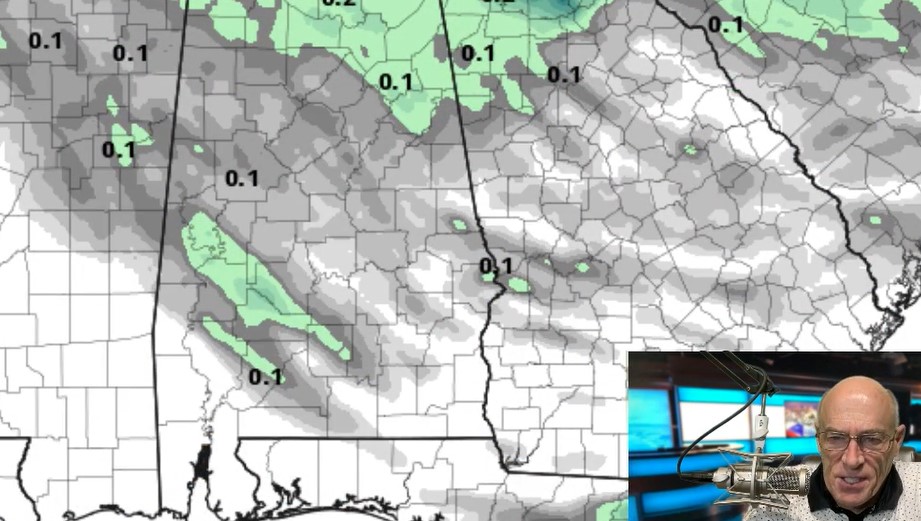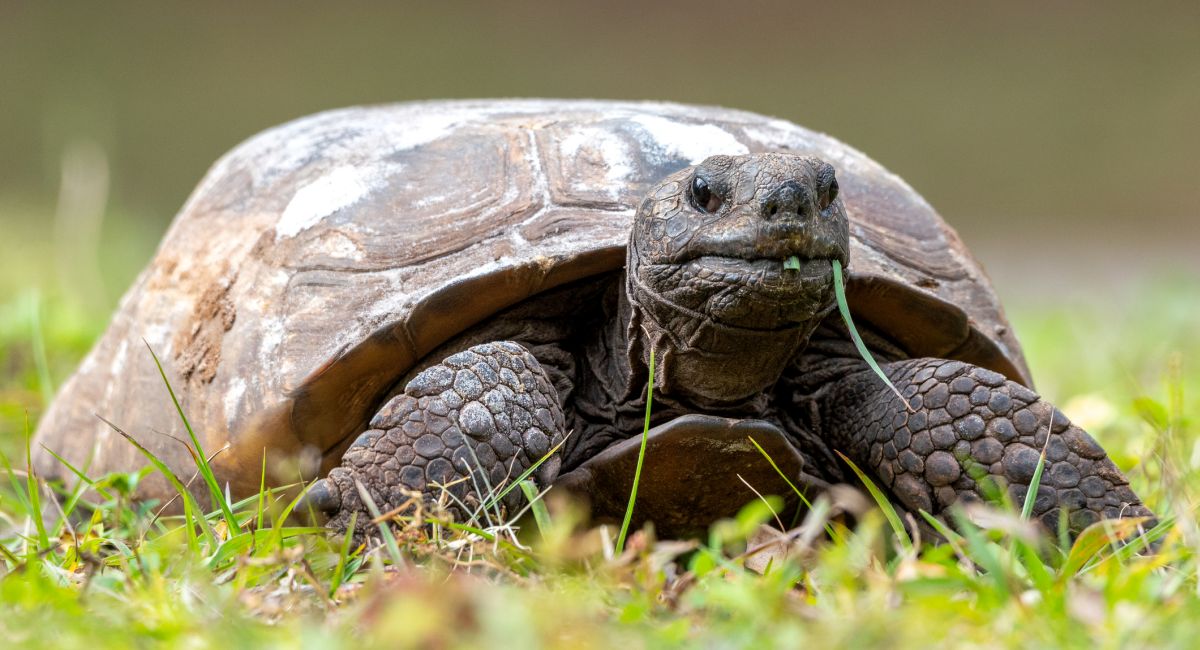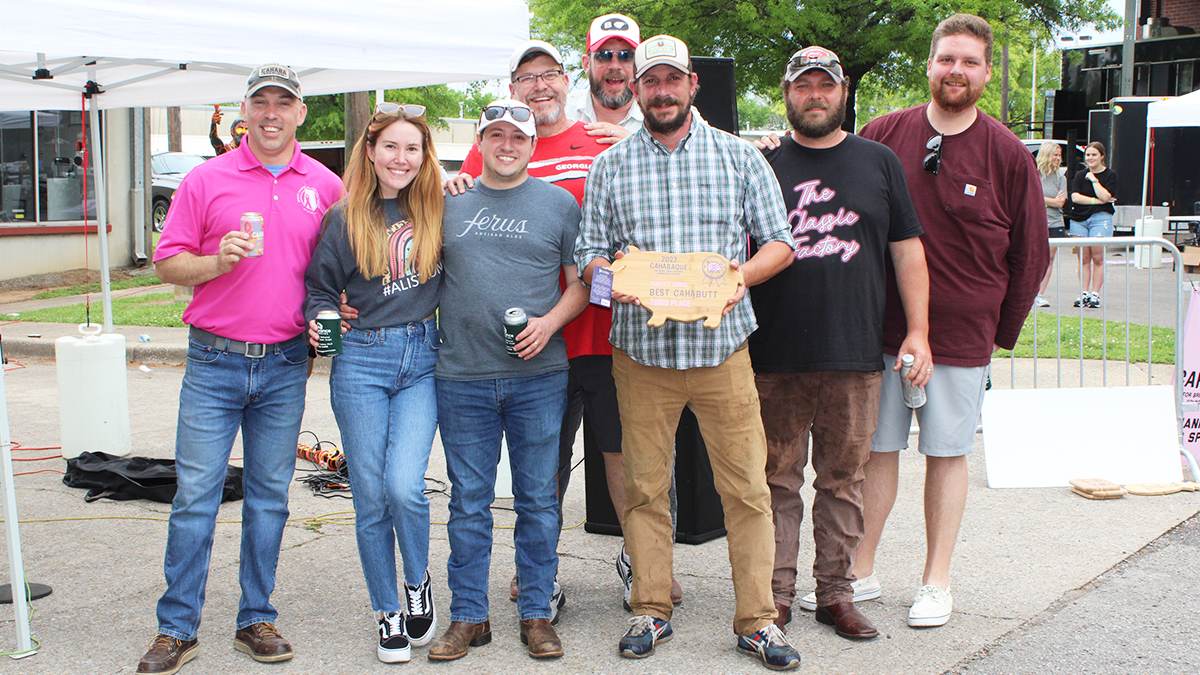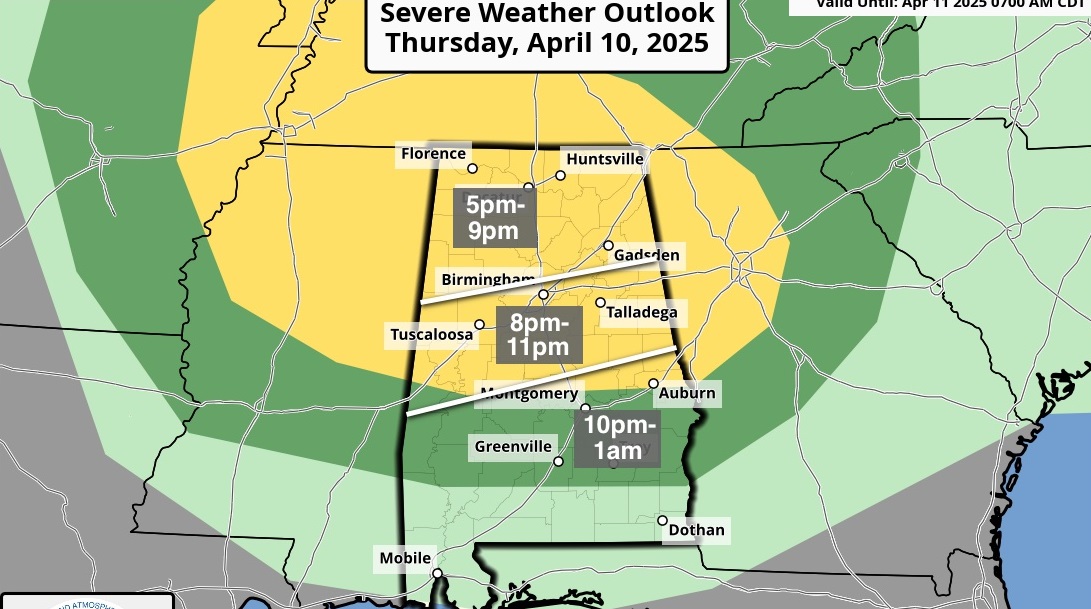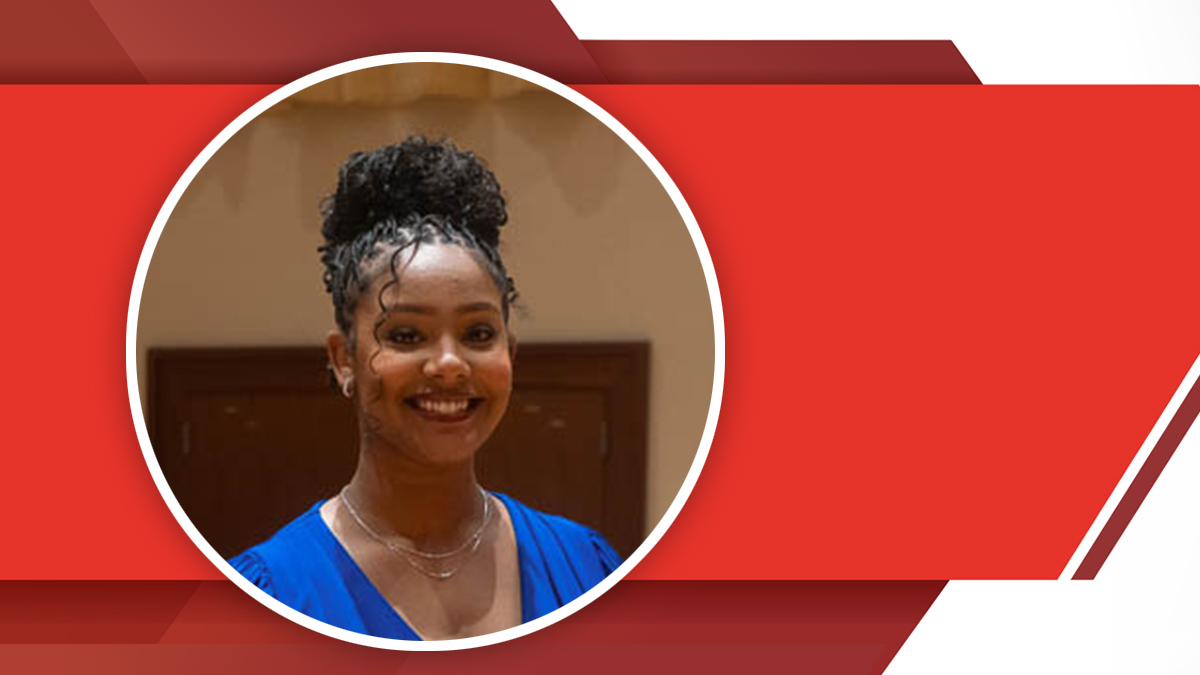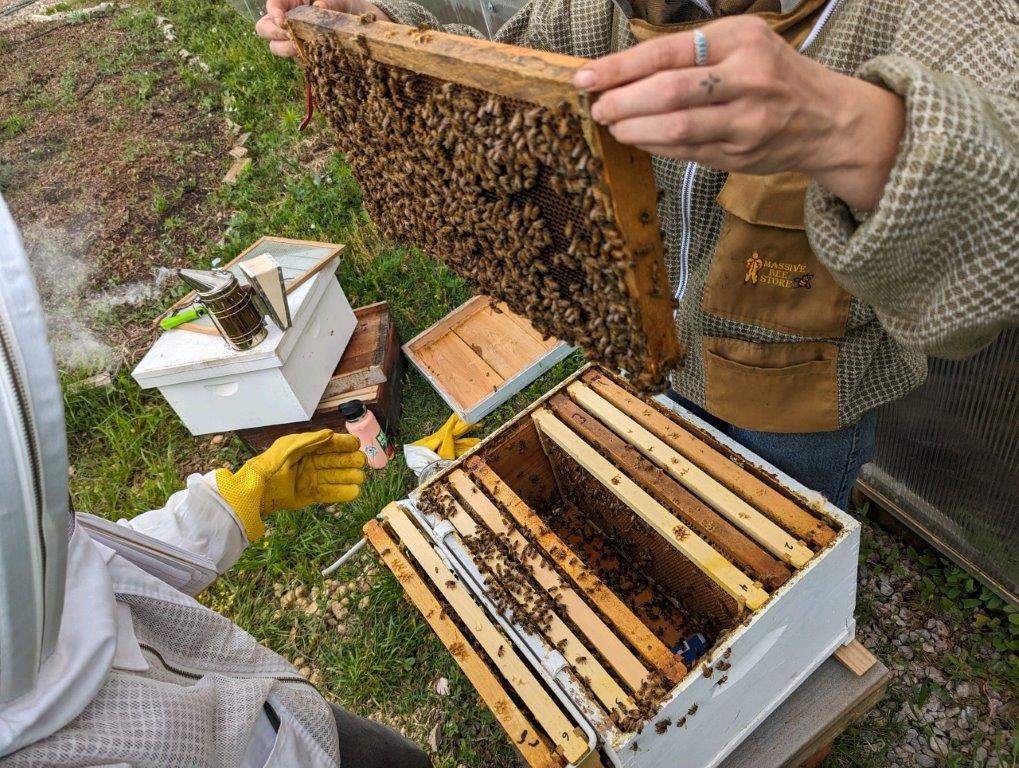Riders don’t ‘horse around’ at Montgomery equine facility
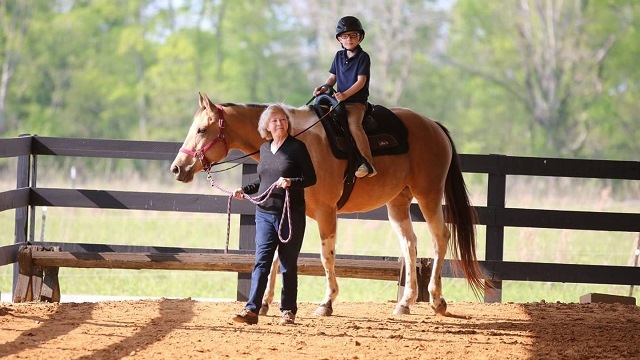
MANE, an equine therapy program based in Montgomery, helps children and adults with physical or emotional needs build both muscle and self-confidence. (Contributed)
Horses can often reach a child when nothing else can.
Ashley Allred saw proof of this connection when her students, grades K-2, took part in therapeutic riding sessions offered through Montgomery Area Non-Traditional Equestrians (MANE).
Allred, who teaches children with autism, said the bond was formed after “just one ride.” The students got to know their new friends during MANE’s 10-week therapeutic program from January into April.
“I feel that each of my students was able to form an emotional bond with the horses. This allowed them to freely communicate with the horses in their own special way,” said Allred, a special education teacher at W.S. Garrett Elementary School in Montgomery. “Each week, my students became more involved and less timid. They were calm and at ease. Most of my students have difficulty creating emotional bonds, so to witness this was truly a magical experience.”
MANE’s special horses provide physical, emotional therapy for people around Alabama from Alabama NewsCenter on Vimeo.
Established in 1994, MANE provides safe and therapeutic horseback riding lessons for children and adults with physical, emotional, cognitive and developmental disabilities, as well as at-risk youths and veterans.
The program helps develop confidence and self-esteem, builds muscle strength and improves balance and flexibility. Therapeutic horseback riding can help people with emotional issues improve concentration, self-discipline, motivation and interpersonal skills.
“The way the program benefits the riders depends on the type of disability,” said Tiffany Atkinson, MANE program director. “As it’s aptly put in a famous quote, ‘There is something about the outside of a horse that is good for the inside of an individual.’”
Atkinson added that equine therapy is especially beneficial for at-risk youths who may have low self-esteem and little confidence or patience.
“These youth soon realize horses don’t operate like humans,” she said. “Riders naturally learn and practice patience in order to build a relationship with the equine.”
MANE offers three 10-week horseback riding sessions at its 44-acre facility each year, as well as unified camps in the summer and winter.
Along with learning to ride, many students – especially the at-risk teens – are taught to groom and bathe the horses, and take care of their saddles, bridles and other equipment.
Equine therapy is serious business
Most of MANE’s 15 horses were donated to the program. The horses have found a calling in therapeutic riding. MANE’s herd includes former rodeo horses, show horses, foxhunting horses, trail horses and backyard pets.
“Therapeutic equines possess a very special brain and heart,” said Atkinson, adding that only 5 to 10 percent of horses are accepted into the program. “The horses have to have the right mind. Some horses have it, and some don’t.”
Before horses are accepted, they are observed in their environment, Atkinson said. They are put through their paces to see how they respond to sounds, unusual movements and loud noises. If a potential candidate passes the preliminary examination, the horse is invited to the MANE facility for a 90-day trial.
“The MANE staff puts the horses through many tests,” said Atkinson, who works through this process with Equine Director Chandalyn Chrzanowski, Volunteer Coordinator Abby Houchin and part-time instructor Kim Alford.
One of the biggest hurdles, Atkinson said, is to see if the horses can remain calm being mounted by a rider.
“The horses have to stand perfectly still while the staff moves wheelchairs around them,” Atkinson said. “The horses each have to be able to handle the sound and motion of the wheelchair lift MANE uses.”
Another test is to make sure the horses can calmly navigate the facility’s 5-acre sensory integration trail, which features a giant tic-tac-toe board, a beanbag toss game, wind chimes and other challenges for the riders. The horses learn to carry students through the facility’s garden.
Atkinson said every horse has its own personality and responds in different ways to every situation.
“It’s truly the equine’s personality that determines if they can handle the pressure,” Atkinson said. “MANE’s horses are treated with kid gloves and work very hard at a job they love.”
Atkinson said the workload is methodically planned to ensure the horses are not overtaxed mentally or physically.
It takes lots of hands
In addition to their own responsibilities, Atkinson and the other staff members are certified instructors.
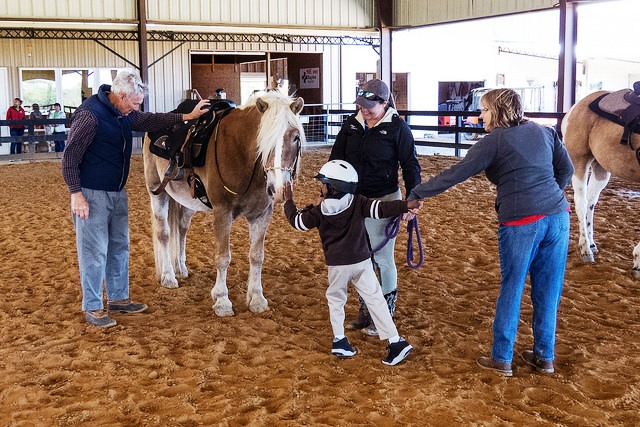
MANE’s staff needs plenty of help from volunteers, who get to help people and be around horses. (Contributed)
With so much to do to keep the program running, the staff can’t do the job alone.
“Volunteers are the glue that holds the operation together,” said Atkinson, who first worked at MANE as a volunteer at age 16. “Some people think volunteering at MANE is challenging unless they have horse experience, but that’s not true.”
Atkinson said volunteer training is offered the first Thursday of every month. Volunteers can lend a hand with all types of jobs, from assisting during classes and grooming horses to running errands and working in the office.
“Volunteers play a vital role during riding sessions,” Atkinson said. “Many students need three volunteers with them on every ride: a leader and two side walkers.”
Anyone interested in becoming a volunteer can visit MANE’s website at www.maneweb.org for more information.
“What I love about this career is the reward you receive from the students,” said Atkinson. “Watching a child ride a horse for the first time makes the preparation worthwhile. Whether the child is verbal or nonverbal, the joyful and confident expression is written on the student’s face.”
The doors are open
With summer just around the corner, it’s an ideal time for kids and adults alike to try something new. Registration is open for MANE’s weeklong summer camps in July. There are three camps for children ages 4-15, and a horsemanship class for anyone older than 16 with experience around horses.
For more information or to register, click here (www.maneweb.org). Spots are filled on a first-come, first-served basis.



